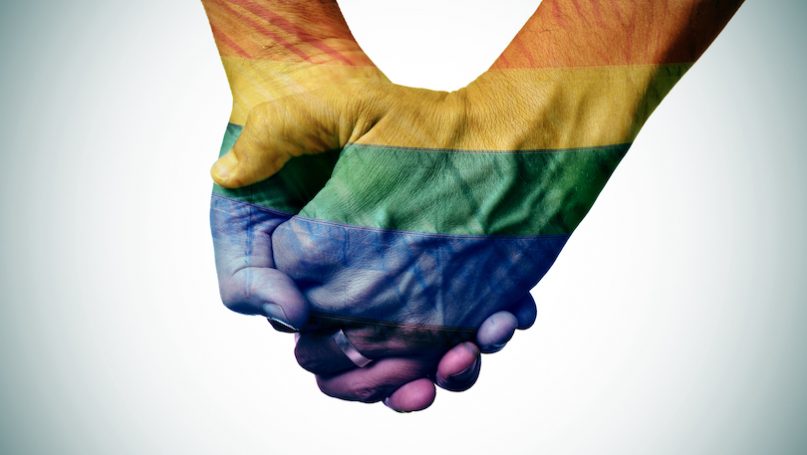
This feature is part of the online resources to accompany the textbook Foundations of International Relations.
No matter where we live in the world, our daily lives are influenced by the gender we identify with and who we fall in love with. Norms around gender and sexuality shape the roles we take on in society, our freedoms and rights and even whether we live or die. As was the case with culture and religion, gender and sexuality were once seen as unimportant in the study of International Relations – too ‘personal’ to be ‘political’. However, in recent decades, scholars have drawn attention to the overlooked role of women and of LGBTQ+ people across the global system. Despite progress in some areas, many states block women and LGBTQ+ people from equal participation in politics, fail to recognise their contribution to the economy, prevent them from serving in the military, limit their access to basic rights such as health care and fail to keep them safe. Looking more deeply and widely at issues such as these indicates that socially constructed norms about gender and sexuality are important structures and processes that criss-cross throughout the global system.
Biology has historically placed humans into two sex categories – male and female – according to differences in chromosomes, reproductive organs and hormones. Yet, those who are biologically ‘intersex’ show that people do not always fit so easily into these two categories. Gender on the other hand refers to the social roles associated with male and female bodies. Many people do not conform to supposedly masculine and feminine roles, or identify with ones that do not necessarily map onto their birth sex.
LGBTQ+ is an initialism that joins the words Lesbian, Gay, Bisexual, Trans and Queer/ Questioning. The ‘+’ is added to represent the diverse number of other identities that do not have heteronormative and/or cisnormative expressions of their gender or sexuality. Heteronormativity is a belief that heterosexuality (relations between a man and woman along a gender binary) is the ‘normal’ or ‘natural’ state of affairs. Cisnormativity is a belief that a person’s gender identity should match the biological sex category (male or female) they were assigned at birth.
Text adapted from Walters, Rosie. ‘Gender and Sexuality’. In, McGlinchey, Stephen. 2022. Foundations of International Relations. London: Bloomsbury.
Below is a collection of multimedia and textual resources that help unpack, and explain, the importance of gender and sexuality within International Relations.
Broad Overviews
Academic debates on gender and sexuality
Additional Resources
Pew Research Center Gender & LGBT Research Data – Website
Women’s Suffrage Mapped – Website
Interview Series on the Rise of Authoritarianism and the Anti-Gender Movement – Website
Data on Women’s Participation in Peace Processes – Website
Feminist Foreign Policy – Podcast
Towards a More Feminist Foreign Policy – Podcast
Women and LGBTQI people in diplomacy – Podcast
Introducing Queer Theory in International Relations – Article